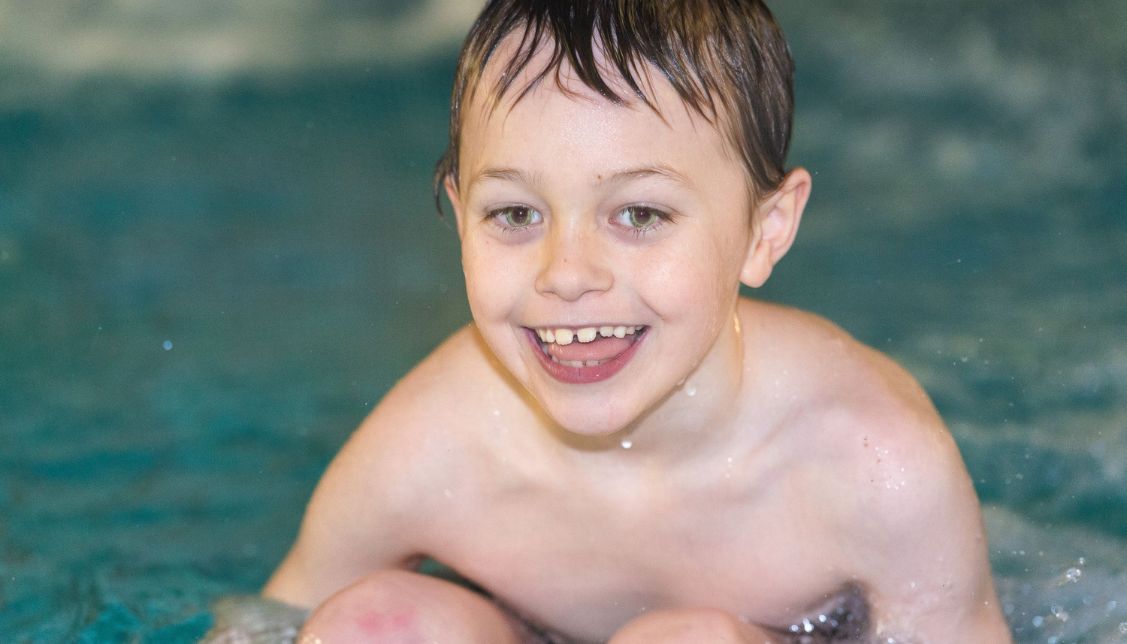 Add My Company
Add My Company
Autism: Cold Water Benefits

Cold water therapy is a treatment to help highly sensitive people with their mental and physical health. It involves immersing the body in cold water, either by going swimming, or by taking a cold shower or bath.
Although this may sound uninviting, medical research has shown it can have a wide range of health benefits.
Cold water bath benefits
You may have read about taking a cold bath or shower to help you wake up quicker, or to treat aching muscles. Now research has suggested cold water therapy can also help treat other health conditions, such as anxiety.
Occasional stress is normal and can affect anyone from time to time. However, a chronic anxiety disorder is a debilitating mental health condition that can make it challenging to go to work or participate in ordinary social activities.
Cold water therapy for anxiety is a complementary treatment that can be traced back to Ayurvedic therapies some 3,000 years ago in India. Ayurveda is a collection of natural treatments such as internal purification, yoga, herbal remedies, massage, a special diet and meditation. Its goals are treating and reducing symptoms, boosting disease resistance and improving harmony in your life.
People with anxiety can actually experience psychosomatic pain as a result, such as shoulder and neck aches and migraines. In some cases, traditional medication has achieved short-term results, but the effect has diminished over time.
Research has revealed cold water therapy can achieve long-lasting positive results. A two-minute swim in a cold pool has been proven to release tension in the shoulders and has even enabled people to manage migraines without any medication.
Autism and cold water
Cold water is important for hypersensitive people, such as those with autism, to help them focus and sooth their inner stress. It can cool them down and combat the feelings that lead to a meltdown. Alternatively, if the person tends to shut down, rather than have a meltdown, cold water can energise them.
Water therapy is used to treat the sensory processing issues often experienced by children with ASD, leading to sensory overwhelming. Cold water treatments can help as a result of the hydrostatic pressure providing a calm and mild physical environment.
People with autism have described submersing themselves in cold water as feeling like they have an “absolute connection”, while experiencing a sensation of “meditation”.
Action for ASD
Petra Dvorakova, of the Sensorics Integration Association, organised a workshop for children to practice autism calming techniques. She said that being in cold water at a rehabilitation pool had helped them to feel more balanced and improved sensory processing issues.
While it is recommended as an activity for children, Dvorakova also stressed the importance of taking care of their comfort by not spending too long in a cold pool without taking a break. Cold showers can also be used as part of a plan of action for ASD, helping sensitive people to socialise and make friends.
Studies have shown children with autism can speak to other people more easily when in a swimming pool. The constant movement in a water environment can help bring people together in social situations that might normally make them feel anxious.
Normally, they have to use various coping mechanisms to help quell the anxiety but being immersed in cold water releases natural endorphins to help calm anxiety, making it less worrying to speak to friends while in a pool.
Why are children with autism drawn to water?
Studies have shown that a lot of children on the autism spectrum feel drawn to water because of its calming effect. In fact, a body of research suggests that kids with autism spectrum disorder often enjoy swimming more than those without ASD.
While these children may be naturally drawn to water, the treatments can also present safety concerns, so always be responsible when caring for young people around water – the benefits can outweigh the risks, as long as the parents, carer or other responsible adult are vigilant.
As an individual, never push yourself over your limits and don’t go over the pain barrier. If you start feeling any discomfort or pain in cold water, it’s time to get out. Some advocates of cold-water therapy recommend spending two to five minutes immersed but spend less time in the water if you feel discomfort earlier than this.
Cardio benefits
Cold water therapy can also provide cardio benefits, including reducing the heart rate and blood pressure, lowering the risks of cardiovascular disease, according to research in a controlled environment.
A scientific study of young men who immersed themselves in cold water at a temperature of 14°C revealed they experienced positive effects, such as a huge 530% increase in adrenaline and a 250% increase in dopamine.
Their basal metabolic rate increased by 350%, while their heart rate reduced by 5% and their blood pressure by between 7% and 8%. In addition, their level of cortisol, the stress hormone, also decreased.
While further research is required to determine whether the positive biochemical and physiological changes produce long-term health benefits, the early results are encouraging.
Sleep benefits
Cold baths and showers before bed are also believed to help with sleep routines. On a hot summer night, taking a cold shower can reduce the body temperature, which can be refreshing and aid sleep in general.
In winter months, the cold bath itself isn’t relaxing, but it’s great for easing discomfort in inflamed areas, such as muscles and joints.
Over time, once you’ve got used to the initial shock of the cold water, your body can develop a higher tolerance to stress as a result. The secret is not to have a cold shower just before bed, but to have one earlier in the evening instead.
Studies suggest the feeling of your body warming up following a cold shower or bath can boost relaxation.
For more information on Autism: Cold Water Benefits talk to Kinderkey Healthcare Ltd

